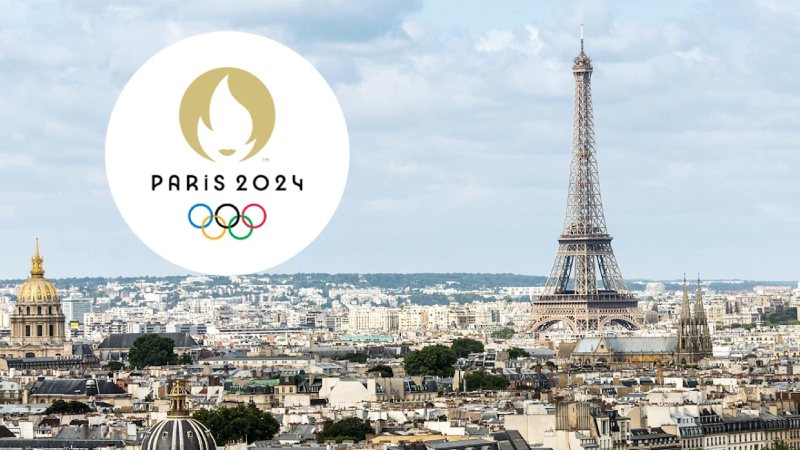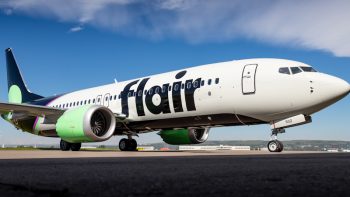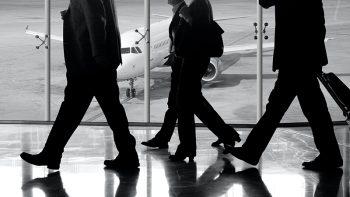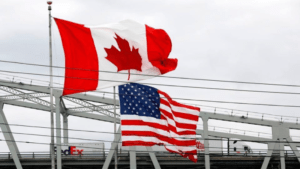
Expedia Group’s latest research reveals sports tourism is transforming how people travel and creating massive opportunities for the travel industry, and for travel advisors.
The numbers tell a compelling story: sports tourism now represents 10% of global tourism spending and is projected to reach $1.3 trillion by 2032. With the 2026 FIFA World Cup and upcoming Olympics in Italy and Los Angeles, momentum is picking up.
Expedia Group’s data suggests sports trips are about more than just the event; they're a chance for meaningful bonding that is known to positively impact mental health. It’s why most respondents attended their last sporting trip with friends (35%), partners (34%), or family (33%).
Findings from the survey serve as a playbook for travel providers looking to capitalize on this high-value market. The research was conducted by Censuswide and included a sample of 2,000 respondents who have traveled for a sporting event in the past 12 months across Australia, Canada, France, Germany, Japan, Mexico, the US and the UK.
Women’s sports climb the table
While football/soccer dominates in most countries surveyed, the real growth story is women’s sports. Though 71% of respondents traveled for men’s events, younger generations are breaking this pattern. In fact, 24% of 16–34-year-olds attended mix-gender sporting events (vs. the 20% overall average), while 12% attended women’s sporting events (vs. the 9% overall average).
Whether it’s the Women’s European Championships, Rugby World Cup, or the Solheim Cup, travel providers have plenty of opportunity to tap into this emerging market through targeted solutions around women's sporting events.
Fans are willing to go the extra mile
Sports fans aren’t just crossing town, they’re crossing borders. The data shows 44% traveled internationally for their last sporting event, jumping to 56% among travelers aged 16-34. Respondents from several countries were also far more likely to travel internationally, including Canada (62%), Germany (58%), and France (57%). This trend highlights the growing opportunity for travel providers to tap into international markets and reach younger consumers.
And the impact of sports-related travel extends beyond the host city. Nearly half of travelers with trips longer than a day stayed in a destination outside the event location at some point during their trip. Of these, nearly one in three chose a more well-known spot close by, 20% opted for a destination over an hour away from the sporting event, and another 20% chose a lesser-known nearby destinations.
Travelers also chose to visit cities outside of where they stayed, 81% of those who booked lodging visited other destinations, with 45% exploring nearby areas, 30% traveling within the same country, and 21% heading abroad.
Sports tourism fuels local economies
Sports tourists aren’t just filling seats, they’re filling cash registers. When asked about their most recent trip, respondents reported spending an average of over $1,500[4] across various trip elements.
On average, attendees spent over $300 on event tickets for their last sports trip, with airfare costs averaging over $420 per person for those who flew. Lodging also contributes to the economic impact, with travelers who stayed overnight spending an average of $480 on accommodations. Beyond the event itself, travelers typically allocate more than $370 for additional activities such as dining and shopping, further boosting local economies.
Looking ahead, respondents planning to attend sporting events in the next 12 months anticipate spending an average of over $1,200 and have already begun setting aside budgets for their next trip.
The findings illustrate the immediate opportunity for travel brands to engage with this valuable segment of travelers. By leveraging data-driven insights and tailored marketing strategies, partners can effectively meet the needs of sports tourists, driving bookings for hotels, flights and more. This approach not only benefits travel brands but also contributes to the growth of local economies hosting sporting events.
Maximizing revenue around compression moments
These cultural events create unique opportunities and challenges. Strategic pricing approaches are essential to avoid pitfalls like low occupancy and high cancellation rates during high-demand periods.
“These findings clearly show that sports tourism has evolved far beyond just attending games, it’s become a catalyst for broader travel experiences and economic impact,” says Greg Schulze, Expedia Group’s Chief Commercial Officer. “Fans are creating rich travel itineraries around sporting events, exploring multiple destinations, prioritizing experiences with loved ones, and taking time for activities beyond the stadium.”
"To help our partners capitalize on this $1.3 trillion opportunity, our study outlines strategic solutions that enable them to optimize pricing, boost visibility during high-demand periods, and effectively target these enthusiastic, big-spending sports tourists." adds Schulze. ‘These include leveraging data analytics for dynamic pricing, creating targeted advertising, and developing comprehensive travel offers that cater to the diverse interests of sports fans.”
Read Expedia Group’s Sports tourism study: How to win big with sports tourism here.






